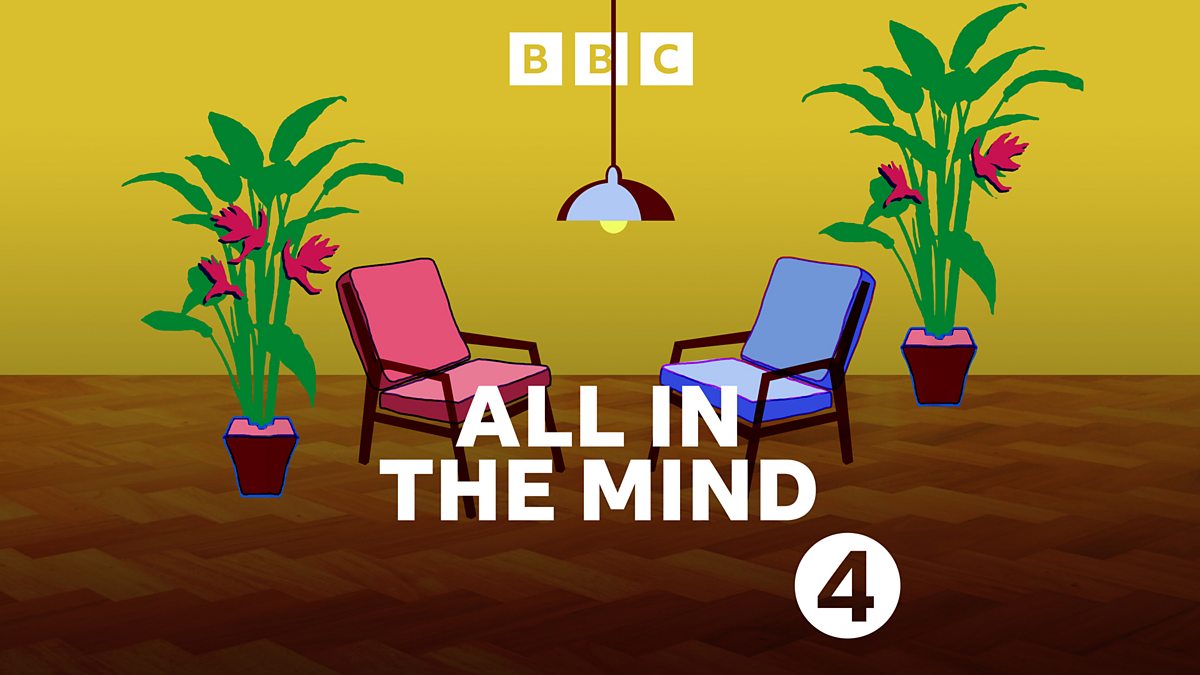Came across this and thought it might interest the keyboard fanciers amongst us - possibly others too:
How Dud did it.
Collapse
X
-
Thanks - hadn't seen that before, gradus; didn't have a telly in '78Originally posted by gradus View PostCame across this and thought it might interest the keyboard fanciers amongst us - possibly others too:
http://www.youtube.com/watch?v=xVwFqGSGBCU
-
-
 amateur51
amateur51
Marvellous telly, with no CGIs or fancy gizmos, just two very intelligent people chatting & demonstrating and winging it occasionally.Originally posted by gradus View PostCame across this and thought it might interest the keyboard fanciers amongst us - possibly others too:
http://www.youtube.com/watch?v=xVwFqGSGBCU
Comment
-
I wasn't entirely convinced by Jonathan Miller's opening assertion that 'muscular memory' is all in the spinal cord! I doubt a decapitated pianist would continue his Bach prelude for very long. Dud was obviously at a loss to explain how he (or indeed any other pianist) does it from memory....and in truth no-one really knows.
It is well known that most half-able pianists (even kids learning their Grade exam pieces) will be able to play stuff they've practised long enough from memory. However to be able to rely on a faultless rendition, especially under pressure of public performance, one cannot rely solely on 'muscular memory' and one must use some other techniques as a back-up. One common trick is to be able to visualise the printed music...e.g. one knows that the bit you're playing is on page four, third system. There is also an element of knowing the sound in your head and knowing what your fingers must do to reproduce it, which I think is what Dud was trying to explain. There have been loads of experiments with musicians being brain-scanned while 'thinking' music, and I gather there is no one siingle bit of the brain which can be identified as the main driver. Interestingly the hippocampus is involved, a rather primitive part of the brain often associated with spatial navigation. I suppose that makes sense. I think Jonathan Miller's premise that all the brain does is to do the emotional bit and the rest falls into place is a bit whimsical.
Comment
-
-
 amateur51
amateur51
Interesting points ardcarp. The programme was made in 1978 and I'm sure that 'our' knowledge of the processes that you mention has advanced considerably since then - it's 35 years on, after all - and that Jonathan Miller would speak differently now.Originally posted by ardcarp View PostI wasn't entirely convinced by Jonathan Miller's opening assertion that 'muscular memory' is all in the spinal cord! I doubt a decapitated pianist would continue his Bach prelude for very long. Dud was obviously at a loss to explain how he (or indeed any other pianist) does it from memory....and in truth no-one really knows.
It is well known that most half-able pianists (even kids learning their Grade exam pieces) will be able to play stuff they've practised long enough from memory. However to be able to rely on a faultless rendition, especially under pressure of public performance, one cannot rely solely on 'muscular memory' and one must use some other techniques as a back-up. One common trick is to be able to visualise the printed music...e.g. one knows that the bit you're playing is on page four, third system. There is also an element of knowing the sound in your head and knowing what your fingers must do to reproduce it, which I think is what Dud was trying to explain. There have been loads of experiments with musicians being brain-scanned while 'thinking' music, and I gather there is no one siingle bit of the brain which can be identified as the main driver. Interestingly the hippocampus is involved, a rather primitive part of the brain often associated with spatial navigation. I suppose that makes sense. I think Jonathan Miller's premise that all the brain does is to do the emotional bit and the rest falls into place is a bit whimsical.
Comment
-
Next Tuesday 9 PM R4 Music and the Mind is the subject of All in the Mind. What goes on on in your head when music plays. Worth a listen I'd say after seeing this Dud & Miller item.
Meanwhile have a trawl around You Tube for Dud doing his famous party pieces. Start here:
What a talent he had, fully trained of course but never entered the classical world.
Comment
-
-
 Don Petter
Don Petter
I was familiar with Dud's Britten parody, which has been referred to several times on the Forum, but last night we watched the DVD of Beyond the Fringe, and after the Britten he performed a parody of Kurt Weill which I do not recall having heard before.
It was, to my mind, even better than the Britten, though I did hear several phrases and responses which seemed to be lifted directly from 'The Seven Deady Sins'. No matter - It was an amazingly perceptive rendering of the style, a potted Weill, if you like.
Comment


Comment